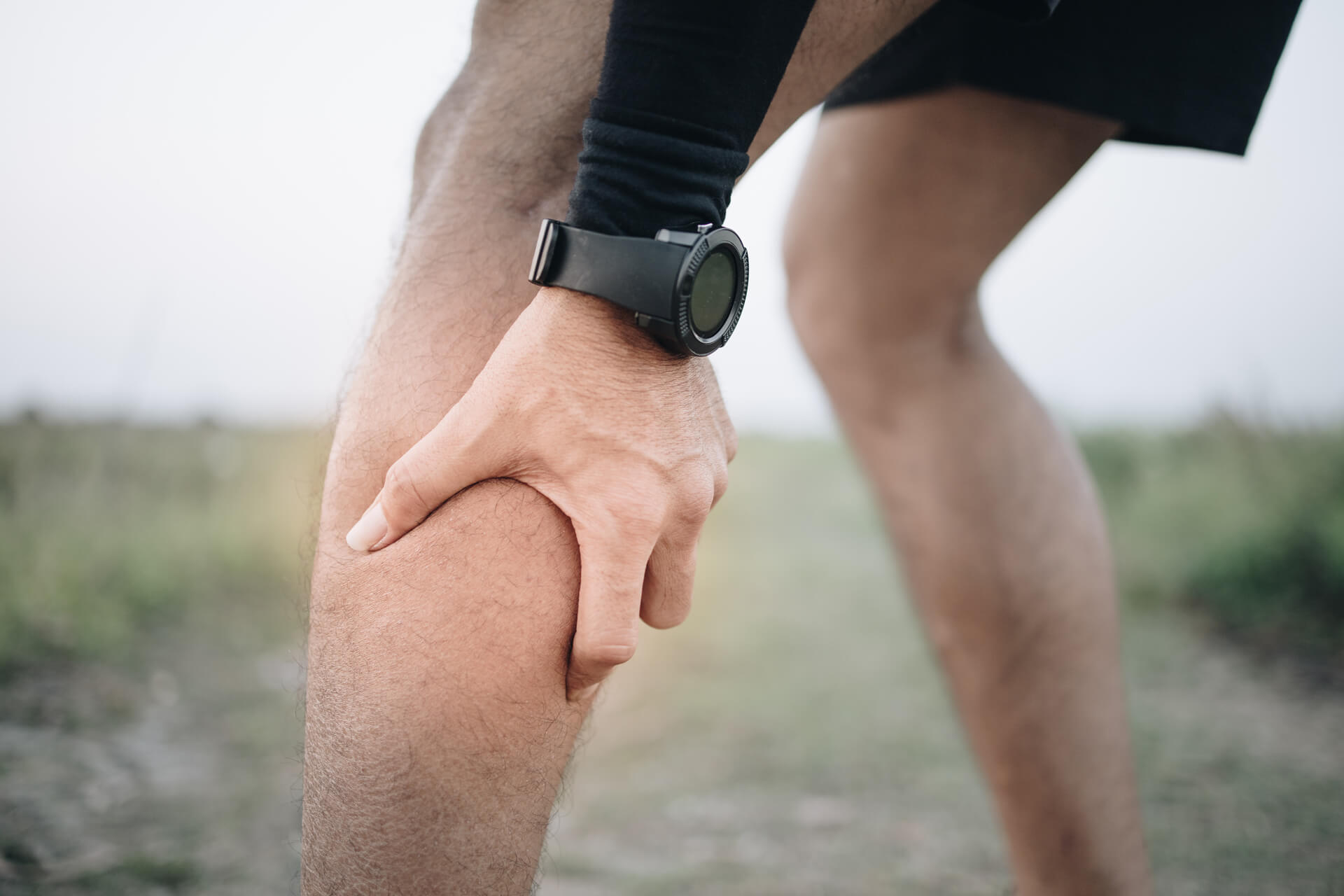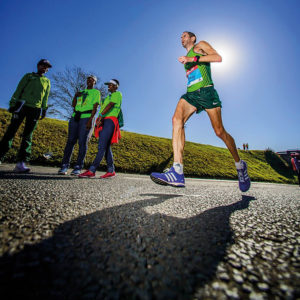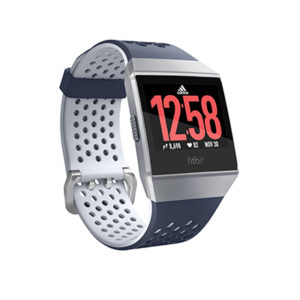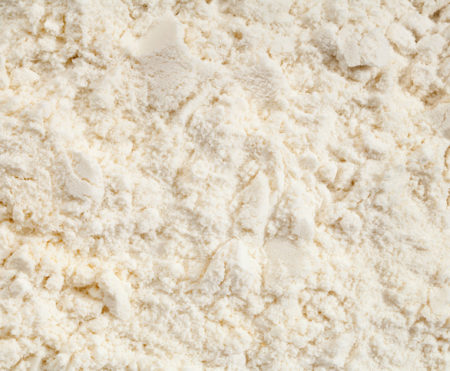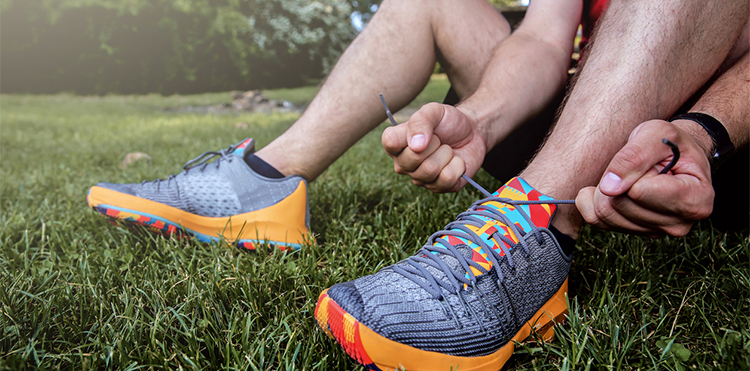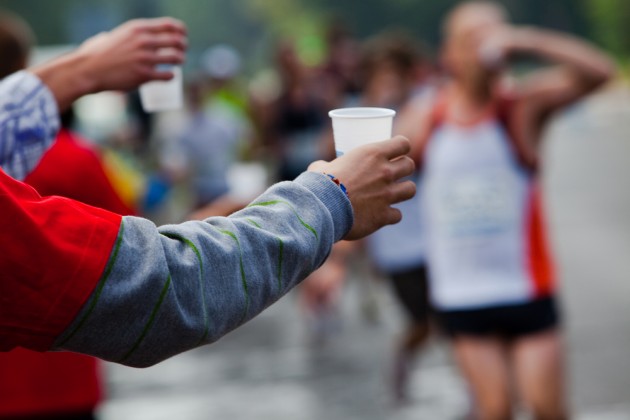
Dehydration can be a big problem in ultramarathons
For many years, conquering the 26.2 miles of a marathon was the ultimate endurance challenge on the running scene. Fast-forward to present day and the plethora of ultrarunning distances you can choose from – 50K, 100K, 100 miles, 24 hours – is pretty endless.
One thing you have to consider over any ultramarathon distance, however, is your nutrition strategy.
The first thing you have to take into consideration is the much slower pace. The body can happily use fat for fuel at low to moderate intensity running, but the brain still needs a constant supply of glucose in order to help clear thinking. During exercise, relying on fat stores to maintain this supply to the brain can lead to fatigue.
But for those events where you’re going to be out for five plus hours, you will be in an energy deficit; the average man uses 500-600 calories an hour running at 60-70% of their VO2 max.
6 ultramarathon nutrition tips
1. Eat within the first 30 minutes, regardless of how you feel. So many runners leave it until they start to feel low in energy, but that is too late.
Think of your body as a car – if you leave it until you are right at the last bar of red on the petrol gauge before you think about re-fuelling, it’s likely the car will splutter to a standstill before you find a station.
2. Stick to real food for the first few hours. Save the simple sugars, such as gels and energy drinks, towards the latter stages when fatigue has set in, it is hard to make decisions around food choice, and you need an instant energy boost.
3. Practise your food choices in training. Always make sure you practise with the options you are planning to use in your race, or that you know may be available at check points.
I recommend around 60-90g of carbs per hour, aiming for the higher 90g value if it’s a particularly long or testing run.
4. Pack treats to look forward to. As you get tired, you need to know that you have something in your bag that you are going to want to eat.
I always pack chocolate-covered Brazil nuts and hold out for as long as possible before eating them.
5. Replace lost salt. Replacing salt is a very personal issue; some will have large fluid losses but little salt loss, while others may sweat very little but will develop salt crystals over their clothes and body.
Ultimately in an ultra, especially the longer distances, salt loss is going to be a potentially limiting factor, making you cramp up and feel nauseous. I recommend two salt caps an hour –equivalent to around 700mg sodium.
6. 750ml is the magic number. When it comes to fluid, remember that the body can only really absorb around 750ml of fluid an hour.
If you drink much more than that it will just swish around your stomach, making you feel uncomfortable or in constant need of the toilet. Drink much less than that, though, particularly in hot conditions, and you will become dehydrated.
Dehydration can lead to a number of issues, including fatigue, disorientation, nausea and a whole host of gastro-intestinal problems.
Ultramarathon snacks: 3 of the best

Clif Bar Shot Bloks provide a fast-acting energy boost
Jelly. An instant boost of energy and a lot less expensive than the specialist sports products you can buy.
Salted peanuts. While these can be a bit difficult to eat while running, they are great to help replace salt, protein and energy.
Sweet potato wedges. I like to make these the day before and cover with salt, put in freezer bags and eat at regular intervals.


